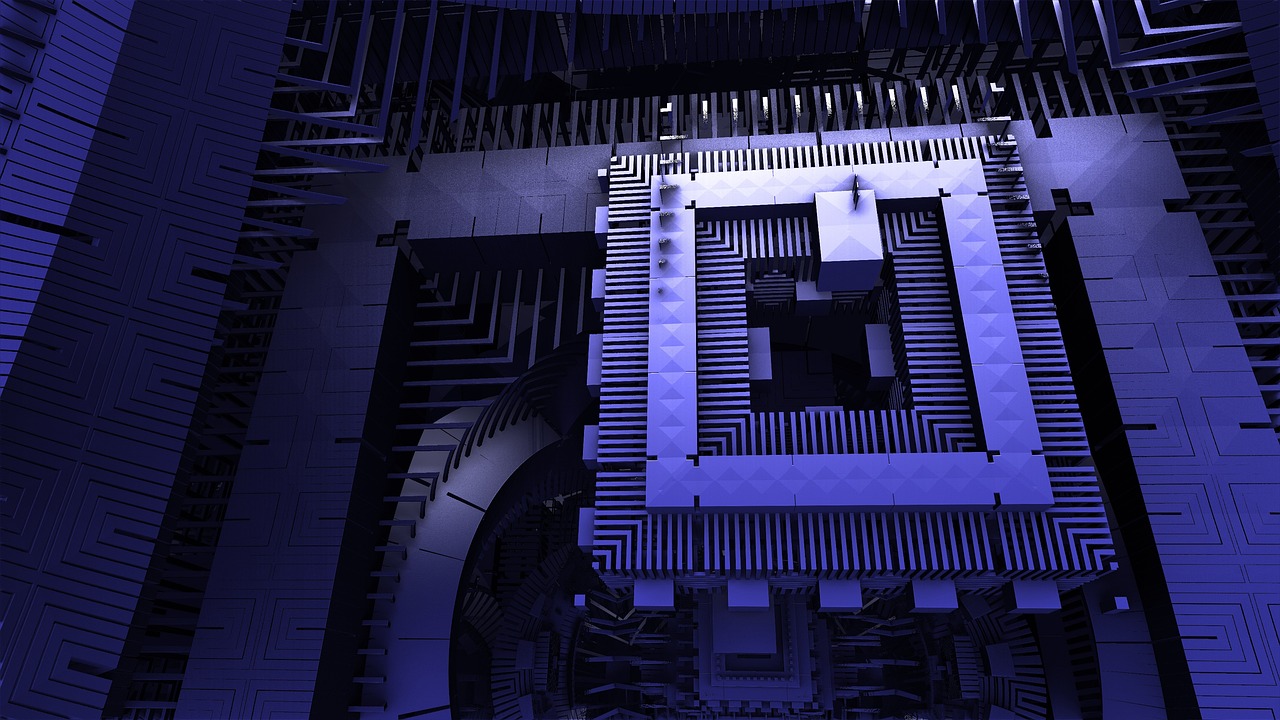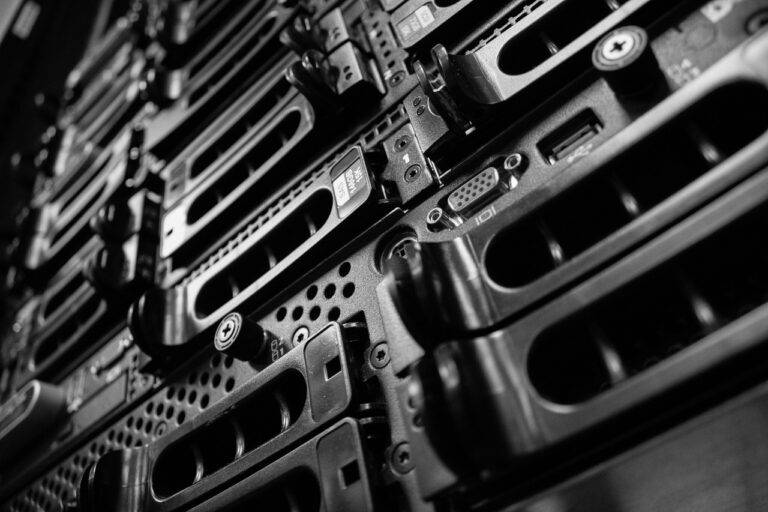How Tech Is Shaping the Future of Real Estate
Artificial Intelligence (AI) is revolutionizing the real estate industry in numerous ways. By leveraging AI algorithms and machine learning models, property data can be analyzed at unparalleled speed and accuracy. This enables real estate professionals to make more informed decisions, predict market trends, and personalize recommendations for clients. Furthermore, AI-powered chatbots are enhancing customer service by providing instant responses to inquiries and facilitating smoother communication between agents and potential buyers or renters.
Moreover, AI is streamlining the property valuation process by automatically assessing factors such as location, amenities, market trends, and property conditions. This not only saves time for appraisers but also reduces the margin of error in determining property values. Additionally, AI-driven predictive analytics are helping investors and developers identify profitable opportunities, optimize their portfolios, and mitigate risks by forecasting potential outcomes based on historical data and market dynamics. The integration of AI in real estate is reshaping the industry landscape and setting new standards for efficiency and precision.
Virtual Reality for Property Viewing
Virtual reality technology has revolutionized the way potential buyers can view properties without physically being present. By putting on a VR headset, individuals can immerse themselves in a realistic and interactive 3D visualization of a property. This allows them to explore every corner of the property, from the living room to the backyard, as if they were physically there.
Additionally, virtual reality for property viewing enables real estate agents to showcase multiple properties to clients in a virtual tour, saving time and resources. This innovative tool provides a more engaging and interactive experience for both buyers and sellers, enhancing the overall property viewing process.
Blockchain and Smart Contracts in Transactions
Blockchain technology has been making waves in various industries, and the real estate sector is no exception. By utilizing blockchain in property transactions, the process becomes more transparent, secure, and efficient. Smart contracts, which are self-executing contracts with the terms of the agreement directly written into lines of code, further streamline transactions by automating processes such as title transfers, payments, and escrow services.
One of the key advantages of using blockchain and smart contracts in real estate transactions is the reduction of fraud and errors. Through its decentralized nature and encryption capabilities, blockchain technology ensures that data and transactions are securely stored and cannot be altered without consensus from all parties involved. This not only enhances trust among the parties but also minimizes the risk of disputes and unauthorized modifications to agreements.
• Blockchain technology increases transparency, security, and efficiency in property transactions
• Smart contracts automate processes like title transfers, payments, and escrow services
• Reduction of fraud and errors in real estate transactions by using blockchain and smart contracts
• Decentralized nature and encryption capabilities ensure secure storage of data
• Minimizes risk of disputes and unauthorized modifications to agreements
What is blockchain technology?
Blockchain is a decentralized, distributed ledger technology that securely records transactions across a network of computers.
What are smart contracts?
Smart contracts are self-executing contracts with the terms of the agreement between buyer and seller directly written into lines of code.
How does blockchain technology benefit transactions?
Blockchain technology enhances security, transparency, and efficiency in transactions by providing a tamper-proof record of all transaction data.
How do smart contracts simplify transactions?
Smart contracts automate the execution of transactions, eliminating the need for intermediaries and reducing the risk of fraud or errors.
Can blockchain and smart contracts be used in real estate transactions?
Yes, blockchain and smart contracts can streamline real estate transactions by securely recording property ownership, automating contract execution, and ensuring transparent and efficient transactions.
Are there any risks associated with using blockchain and smart contracts in transactions?
While blockchain technology and smart contracts offer many benefits, there are potential risks such as regulatory uncertainty, security vulnerabilities, and the need for technical expertise to implement and manage these technologies effectively.





